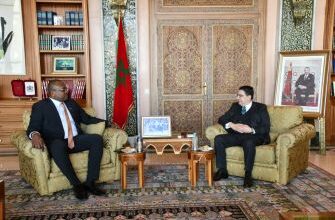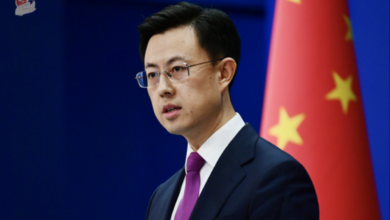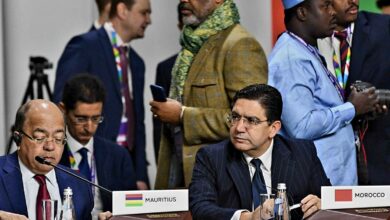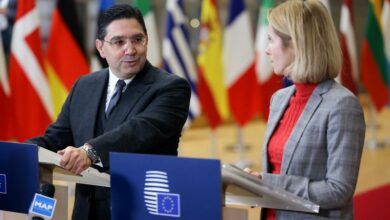Washington Redraws Its Syria Policy: Conditional Support and High-Level Meetings Pave the Way for a New Phase
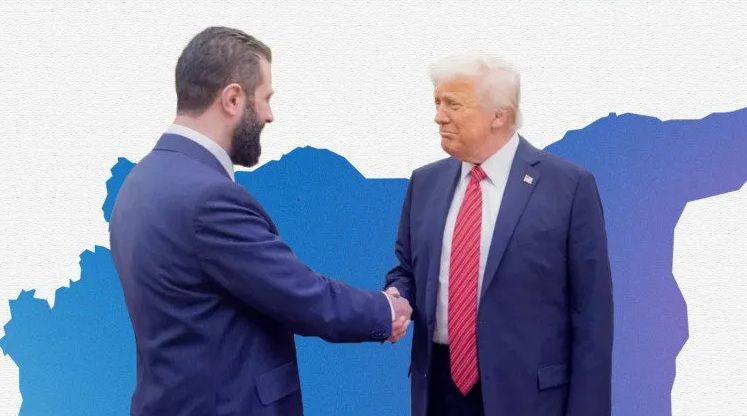
ALDAR/
In a congressional hearing held on May 20, 2025, U.S. Secretary of State Marco Rubio delivered a lengthy address revealing a notable shift in Washington’s approach to the Syrian file. Rubio defended the decision to engage with the transitional government in Damascus, despite security concerns voiced by several U.S. institutions. He argued that maintaining sanctions would have led to the collapse of the government within weeks, plunging the country into a full-scale civil war and uncontrollable internal fragmentation.
Rubio acknowledged that several leaders of the Syrian government failed FBI background checks but emphasized that necessity dictates engaging with them temporarily, in order to preserve a rare opportunity for achieving comprehensive stability in both Syria and Lebanon. He also noted that the U.S. embassy would reopen once the security situation improves, citing the continued presence of uncontrolled armed groups posing direct threats.
Addressing the Caesar Act, Rubio admitted that the renewal of temporary licenses every 180 days is insufficient to incentivize investors or instill confidence in regional partners to engage constructively. He called for clear legislative action from Congress to lift the sanctions permanently as a crucial step toward promoting stability.
On the diplomatic front, Rubio revealed that he met with the Syrian Foreign Minister in Turkey. He also mentioned a meeting between former U.S. President Donald Trump and the Syrian President in Riyadh, arranged through Saudi-Turkish coordination, describing these encounters as positive. Additionally, he spoke of a third meeting that took place in New York on the sidelines of the United Nations General Assembly.
The session concluded with a striking question from Congressman Jim Risch about the possibility of inviting the Syrian President to visit the United States—a suggestion Rubio welcomed, indicating it could be coordinated through the UN General Assembly.
It is clear that Washington is heading into a new phase in its handling of the Syrian issue—one characterized by a blend of political realism and a drive toward Syria’s unity and sovereignty under an internationally supported transitional administration, coupled with an openness to unprecedented diplomatic settlements since the onset of the crisis.


